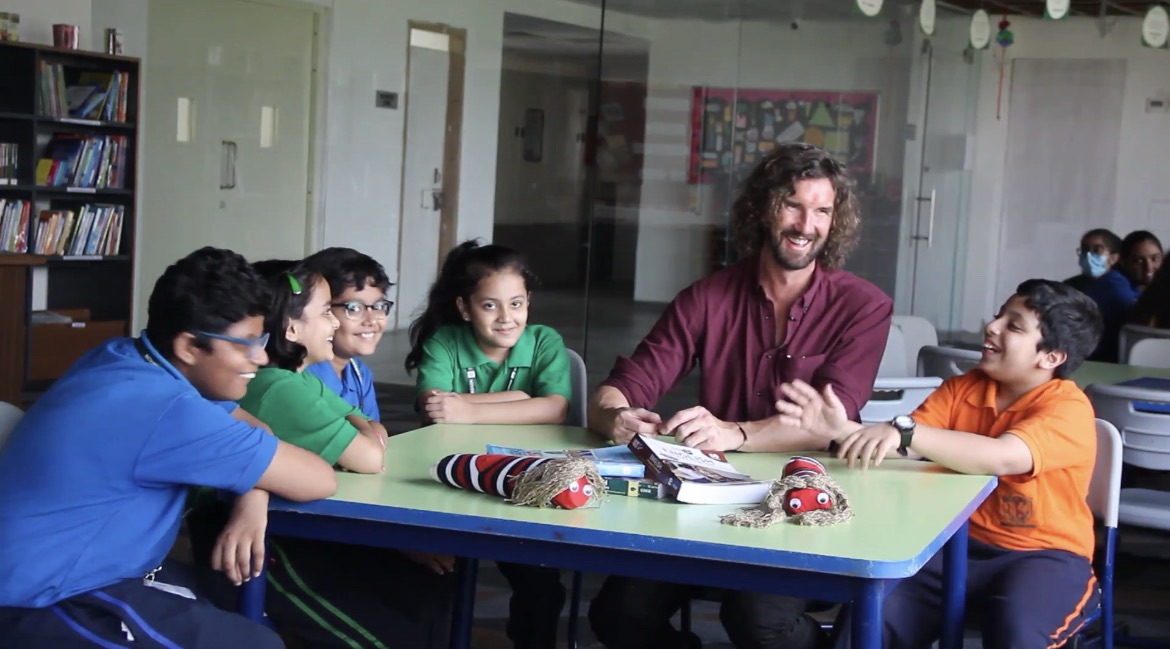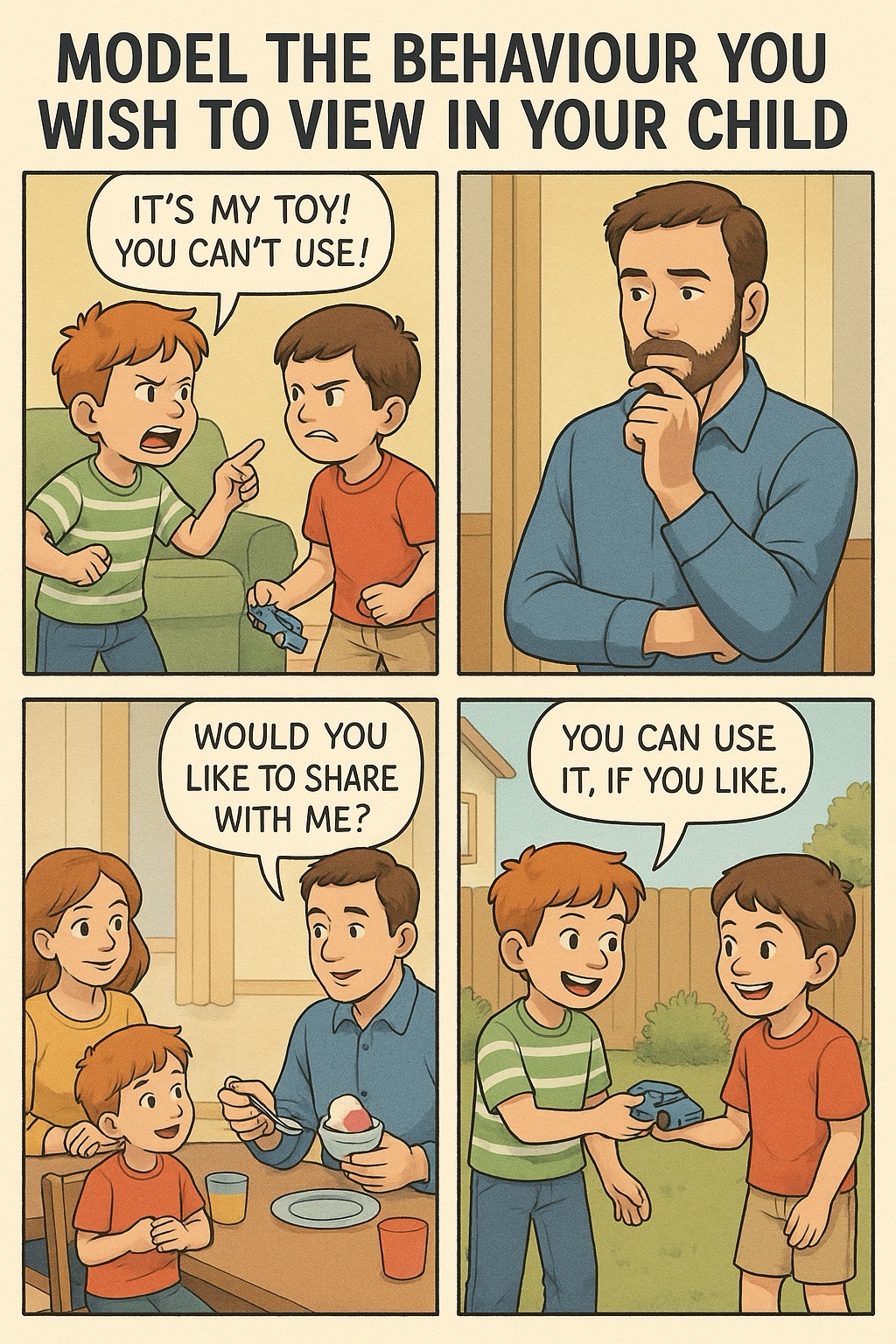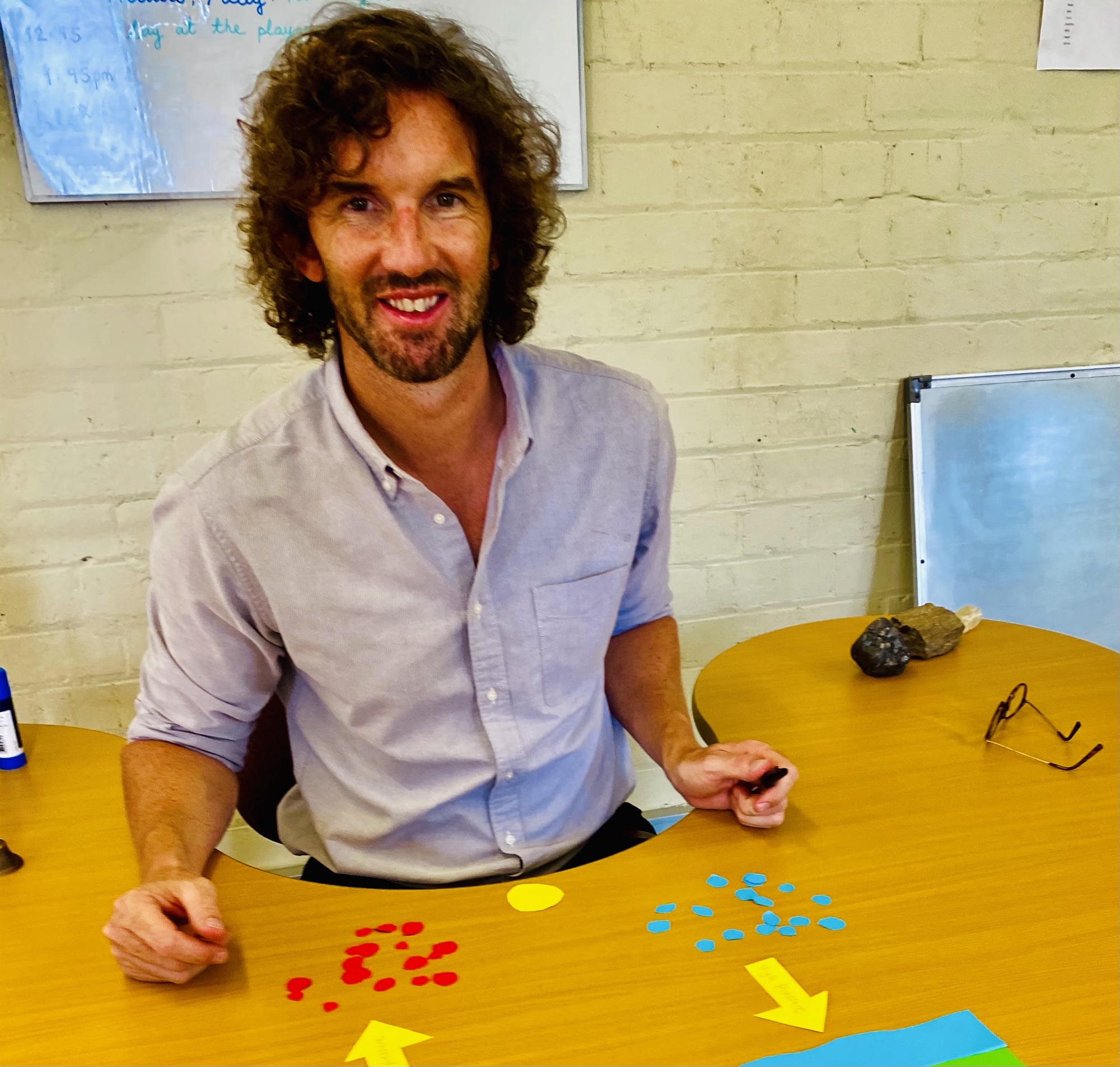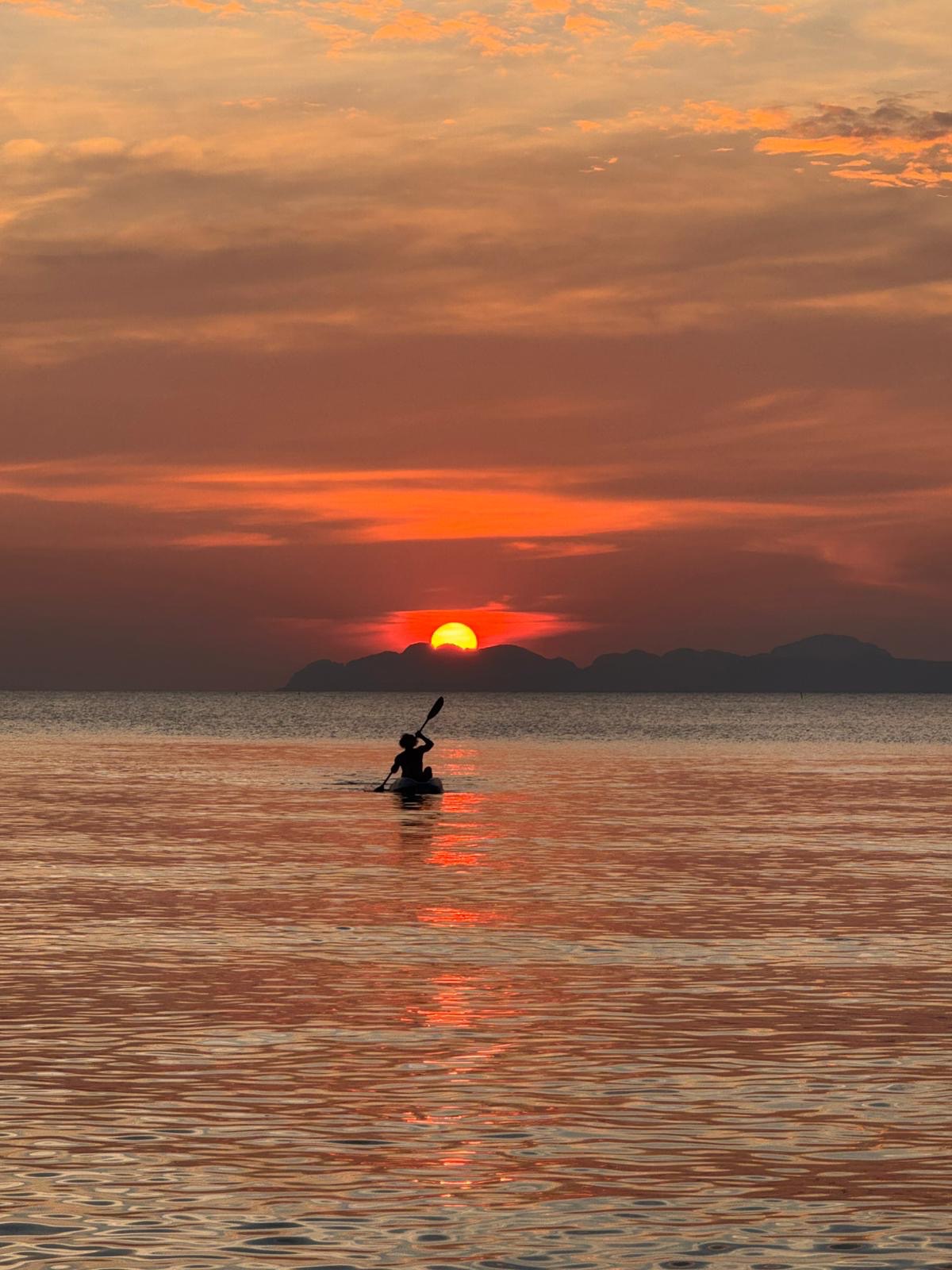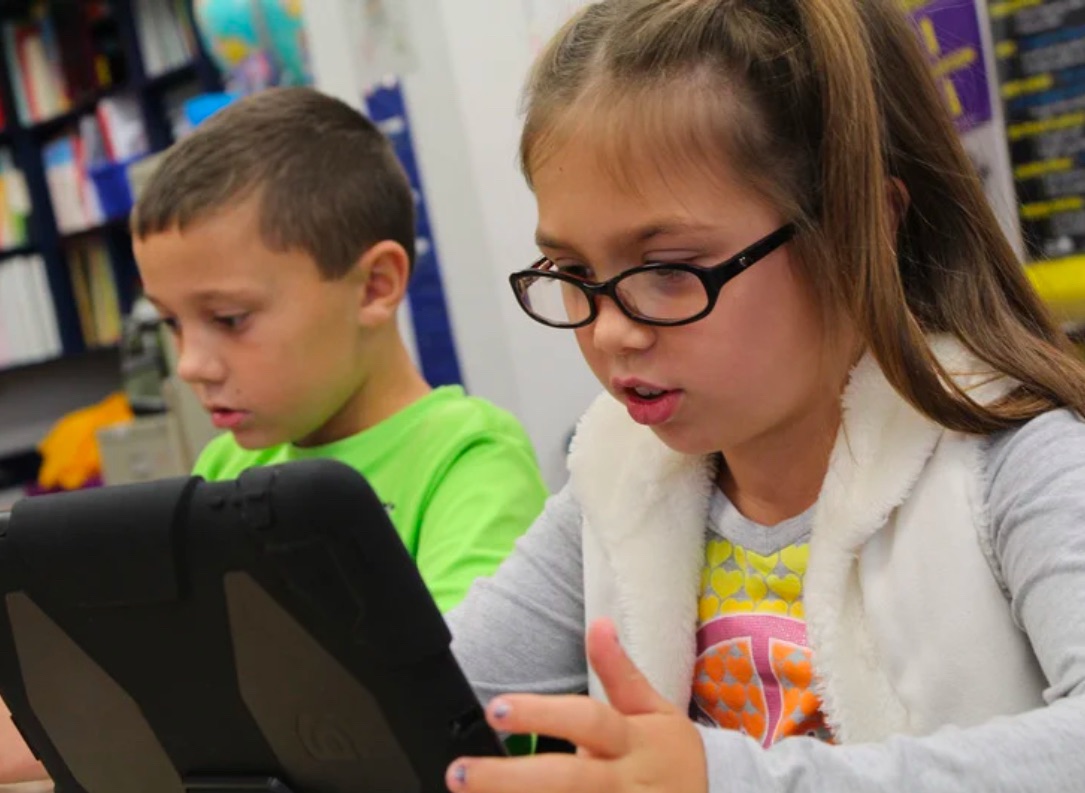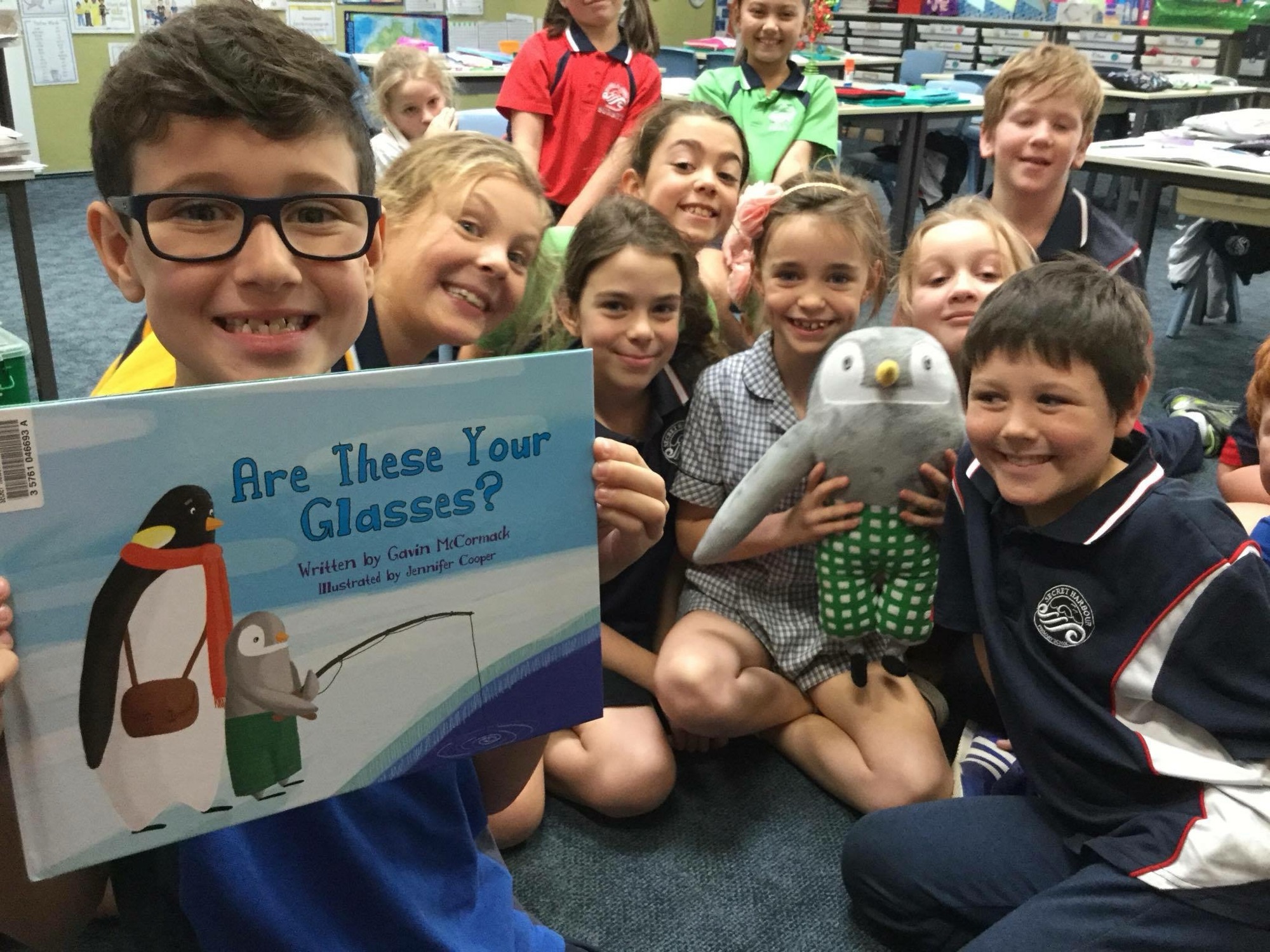As a Montessori teacher, I have always known the importance of allowing children to learn through exploration and discovery. However, it wasn’t until I spent a month in Antarctica researching animal behavior that I truly realized the profound impact that nature education can have on young minds.
Before my trip, I had always incorporated outdoor activities and nature studies into my curriculum, but I now understand that those experiences barely scratched the surface of what is possible. Being in Antarctica, surrounded by an unspoiled landscape and witnessing the remarkable behaviors of the animals who call it home, was truly life-changing.
I watched as penguins waddled across the snow, tending to their young and interacting with each other in ways that were both fascinating and heartwarming. I observed seals as they slid across the ice and swam in the frigid waters, marveling at their grace and strength. And I was in awe of the whales as they breached and sang, their sheer size and beauty taking my breath away.
But it wasn’t just the animals themselves that left a lasting impression on me. It was the way in which they lived in harmony with their environment, adapting to their surroundings in order to survive. It was the way in which they interacted with each other, showing empathy and cooperation in their daily lives. It was the way in which they navigated the challenges of their environment, using their instincts and intelligence to thrive.
These are all lessons that we can learn from and apply to our own lives, but they are lessons that are too often overlooked in traditional education. As educators, we have a responsibility to ensure that our students not only learn about these incredible creatures and their behaviors but also understand the importance of preserving and protecting their habitats.
It is only through firsthand experiences in nature that children can truly appreciate the complexity and interconnectedness of the world around them. By allowing them to explore and discover, we are instilling in them a sense of wonder and curiosity that will stay with them throughout their lives.
As I returned from Antarctica, I knew that my view on education had been forever changed. I realized that it is not enough to simply teach children facts and figures; we must also inspire them to care about the world around them and to take action to protect it. And there is no better way to do that than through nature education.
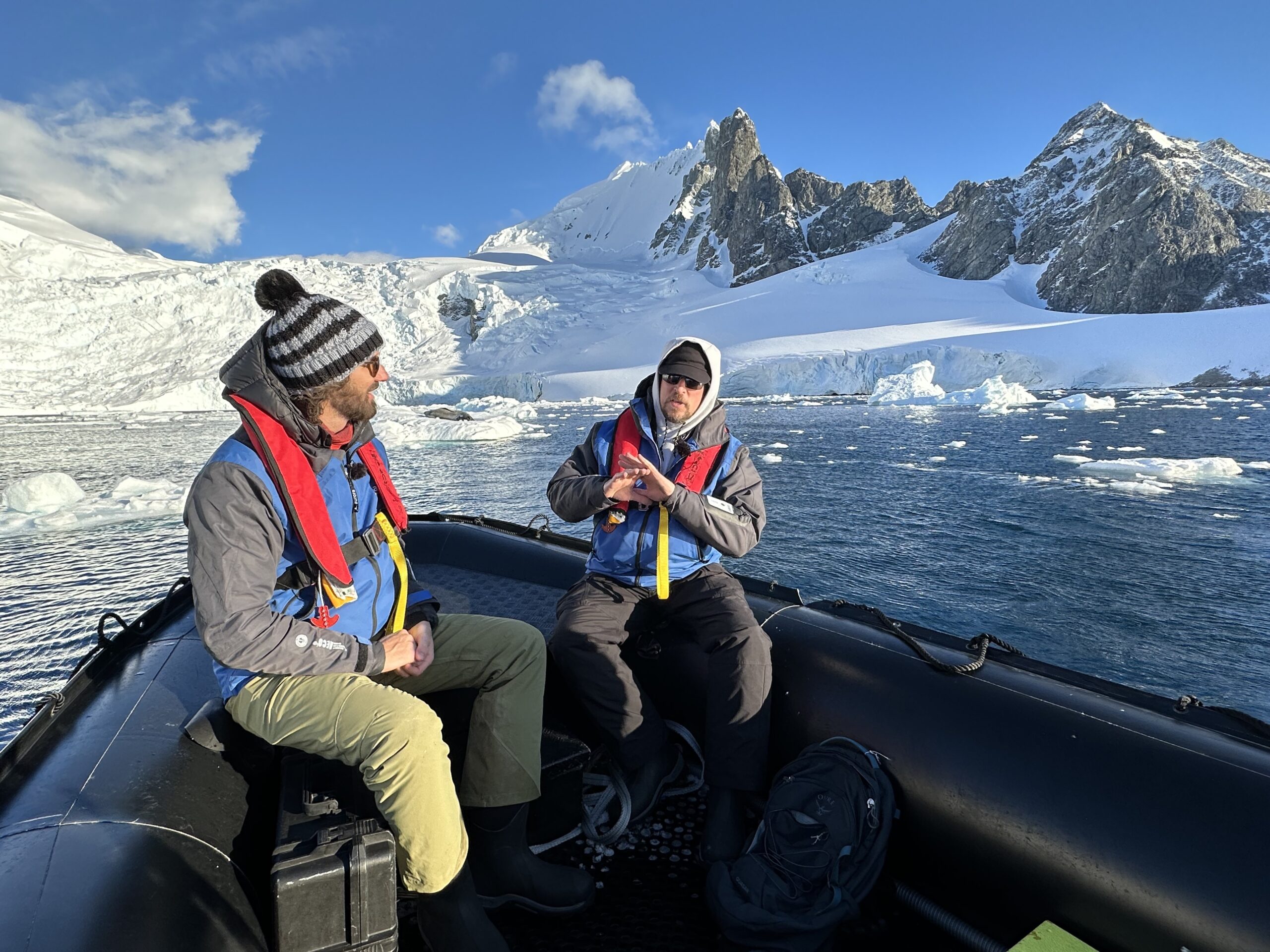
So, to all educators out there, I urge you to embrace the power of nature education in your classrooms. Take your students outside, let them explore, and encourage them to ask questions. Show them the wonders of the natural world and help them understand their role in preserving it for generations to come. Trust me; it will be an experience that will change their lives forever.


